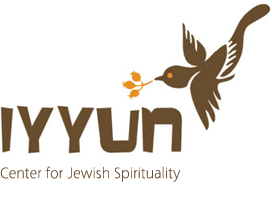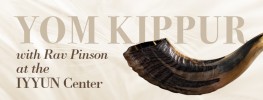There is a major difference between a prayer and a blessing. Although the two are related, they are not the same. The Hebrew for blessing is berachah, a word which shares its root with l’havrich, meaning “to join,” or “to intertwine.”
When a blessing is bestowed, what is accomplished is the joining of the source of blessing above with the person below. In effect, nothing new happens. The blessing merely activates the existing source of the blessing above and reveals it below.
By contrast, prayer awakens a new will. When people are ill and we pray for them, we recognize that there was a previous Divine will which brought about the illness, but we ask that now a new will should arise and bring health and revealed goodness.
Each have their merits. The blessing suggests a certain measure of guarantee in that it unveils that which is there, albeit in concealed potential. Prayer suggests no guarantee, but it has the power to create a new reality.
The Priestly Blessing (Birkat Kohanim) is unusual in that it contains both of these elements. It is a traditional blessing, arousing the above to manifest below, yet it is recited in the context of prayer, which gives the blessing an additional boon.
The power of the Priestly Blessing is to arouse new desires, create new realities and bring them forth in the hastiest of ways. The reason the Priestly Blessing can do so is because it does not originate with the priest, who after all is a finite, limited man; rather, it originates with God. The Priestly Blessing is a mitzvah, a Divine mandate, and as such its power is infinite and unrestricted. Not encumbered by the limitations of blessing in general, the Priestly Blessing can reach above and awaken the highest and newest Divine desires so that their effect is felt immediately below.
When the priests, who act as the conduits for Divine flow, pronounce the words of the Priestly Blessing with love, as commanded by the Torah, the Divine Presence rests on them. This is an opportune time for us to sweeten and annul all negative dreams and reinforce all the positive ones. Dreams usually project unconscious desires or bring forth incomplete thoughts, but there is also the possibility of a dream being one-sixtieth of prophecy. Such minor prophetic dreams are best annulled if they are bad, or, if they are good ones, reaffirmed at a time when the Divine Presence is most apparent.
During the Priestly Blessing, we should cover our eyes and face, so not to look at the priests which may cause a distraction, but also because at this time very high and intense levels of Divine energy and plenty are brought down.







